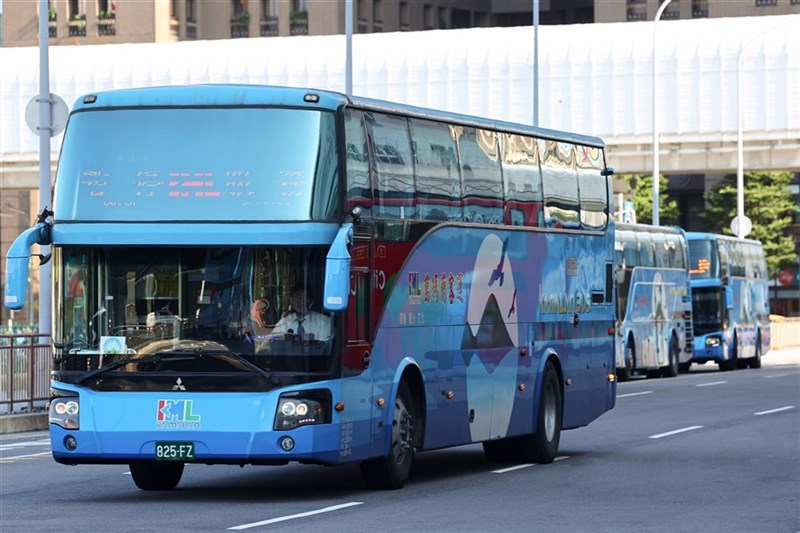In a notable policy shift, Taiwan’s Ministry of Labor (MOL) has temporarily suspended its plan to amend regulations that would allow foreign students graduating from Taiwanese universities to take up intermediate-skilled jobs in six sectors. The move comes after a wave of public feedback and concerns raised during the comment period, prompting the government to reassess its approach to resolving Taiwan’s growing labor shortages.
🔍 In-Depth Report: Why the Suspension Matters
Background and Original Proposal
Taiwan, like many developed economies, is facing a severe labor crunch. The National Development Council has projected a shortage of 400,000 workers by 2030, particularly in lower-wage and labor-intensive sectors. In response, the MOL proposed changes to the Qualifications and Criteria Standards for Foreigners Undertaking the Jobs Specified under Article 46.1.8 of the Employment Services Act, aimed at easing workforce pressure by opening six types of intermediate-skilled jobs to foreign graduates.
These positions include:
- Assistant Nurses
- City and Intercity Bus Drivers
- Safety Management System (SMS) Personnel
- Inventory Clerks
- Cargo Vehicle Drivers
- Cargo Driving Assistants
The proposal was expected to potentially add 6,500 foreign graduates to Taiwan’s workforce annually, with the intention of supporting industries struggling to fill positions due to Taiwan’s aging population and a declining birth rate.
⚖️ Public Pushback and Concerns
The pause in implementation followed a public comment period that saw concerns from labor unions, domestic workers, and even lawmakers. The primary issues raised were:
- Job Competition: Critics feared that opening up these jobs to foreign graduates could increase competition for roles traditionally filled by Taiwanese nationals, especially those without college degrees.
- Wage Suppression: Labor groups argued that the influx of foreign labor may drive down wages in already low-paying sectors.
- Lack of Industry Preparedness: Some stakeholders felt the industries were not equipped with appropriate onboarding programs or cultural integration strategies to handle foreign workers effectively.
- Policy Ambiguity: The MOL had not clearly outlined the long-term residency or employment rights for these workers, raising concerns about exploitation or abuse.
🏛️ Government’s Current Position
Su Yu-kuo (蘇裕國), division chief at the Workforce Development Agency, stated that the ministry had listened to the public’s concerns and would reassess the policy internally. He emphasized that this was not an abandonment of the plan but a strategic pause to formulate complementary measures that better align with labor market conditions and public sentiment.
The MOL has committed to holding multi-agency discussions and potentially collaborating with academic institutions, industry representatives, and civil society groups to revise the proposal in a more socially responsible and economically viable manner.
🌏 Wider Context: Taiwan’s Migration and Labor Policy
Taiwan has long had restrictive immigration policies when compared to its East Asian neighbors. While it welcomes foreign talent in high-tech and research roles, it has traditionally limited access to blue- and intermediate-collar jobs to migrant workers under strict, temporary arrangements.
The idea of allowing foreign students—who often understand local languages and culture—to stay and work could offer a bridge between temporary migrant work and permanent integration. It’s a strategy seen in countries like Canada and Australia, where international graduates are viewed as ideal candidates for economic immigration pathways.
However, Taiwan still faces sociopolitical hurdles in reshaping its demographic strategy to reflect these realities.
📌 Conclusion
The MOL’s suspension of this reform highlights the sensitive balance between economic necessity and public sentiment. While there is broad consensus on the need to address labor shortages, the method of doing so—particularly with regard to foreign labor—remains contentious. The coming months will be key in determining whether Taiwan can forge a pragmatic, inclusive labor policy that serves both its economy and its social values.
✅ FAQs
Why did the Ministry of Labor pause the plan?
The ministry paused the plan after receiving public feedback expressing concerns about job competition, wage suppression, and policy clarity.
What jobs were foreign graduates supposed to be eligible for?
Assistant nurses, city and intercity bus drivers, SMS personnel, inventory clerks, cargo drivers, and cargo driving assistants.
Will the plan be reinstated?
The plan is not canceled; it’s temporarily suspended. The ministry will reassess it internally and may relaunch it with adjustments.
How many foreign students were expected to benefit?
The policy was projected to allow up to 6,500 foreign graduates to join the workforce.
What are the broader implications for Taiwan’s labor policy?
This case underscores Taiwan’s need for a comprehensive migration strategy that aligns workforce needs with social integration.


